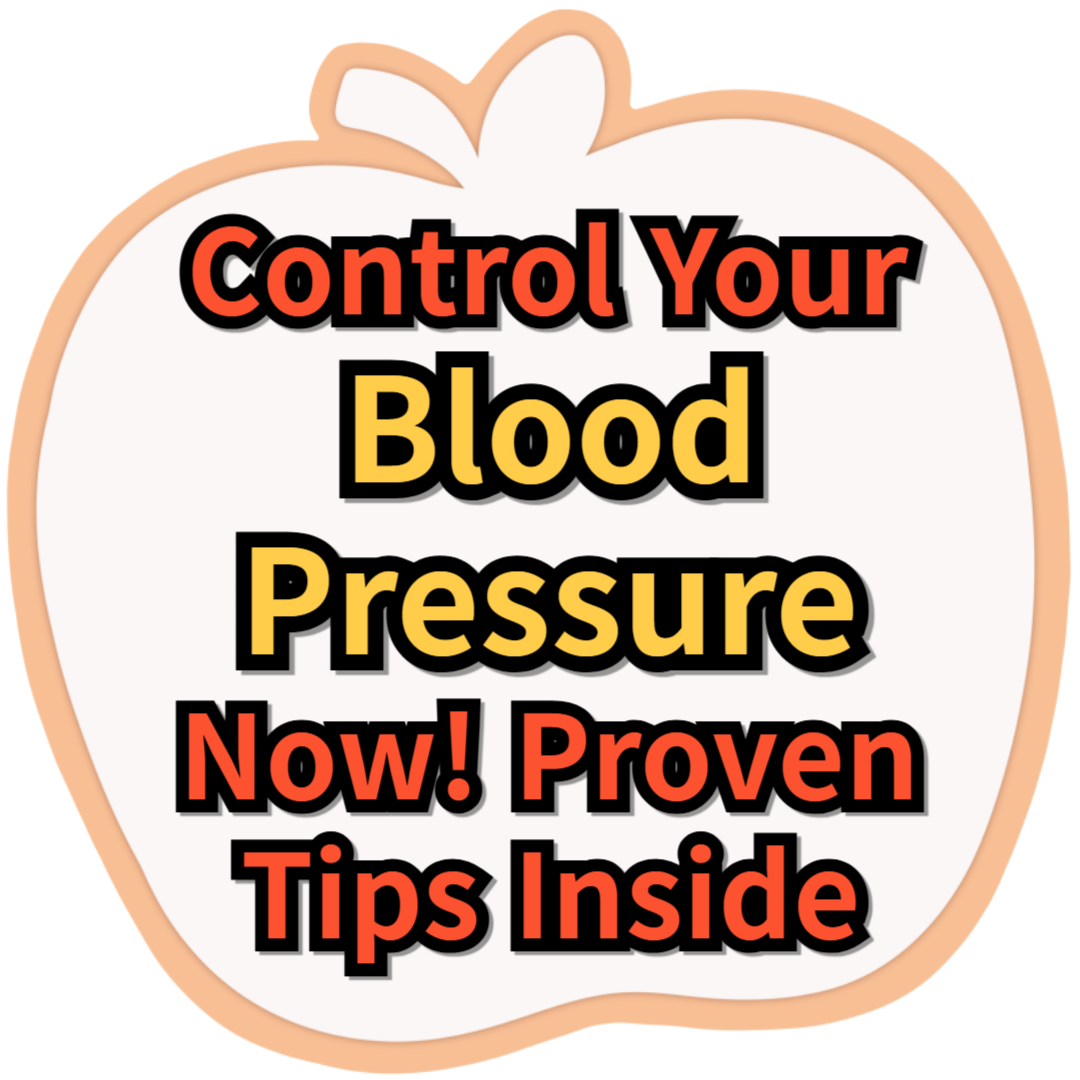Effective Strategies for Managing High Blood Pressure
High blood pressure, also known as hypertension, is a common health issue that can lead to serious complications if not managed properly. Understanding how to control high blood pressure through lifestyle changes, medications, and stress management is crucial for maintaining overall health and well-being. This blog will provide practical tips and strategies to help you manage high blood pressure effectively.
Adopting a Heart-Healthy Diet
One of the most effective ways to manage high blood pressure is through dietary changes. A heart-healthy diet can significantly reduce blood pressure levels and improve overall cardiovascular health. Here are some key dietary strategies:
- Reduce Sodium Intake: High sodium intake is linked to increased blood pressure. Aim to consume less than 2,300 milligrams of sodium per day, and ideally, limit it to 1,500 milligrams. Avoid processed foods and opt for fresh, whole foods whenever possible.
- Increase Potassium-Rich Foods: Potassium helps balance sodium levels in the body and can help lower blood pressure. Include foods like bananas, oranges, spinach, and sweet potatoes in your diet.
- Eat Whole Grains and Lean Proteins: Whole grains, such as brown rice and oatmeal, and lean proteins, like chicken, fish, and legumes, are beneficial for heart health. These foods provide essential nutrients without the added fats and sugars that can contribute to hypertension.
Common Medications for High Blood Pressure
In addition to lifestyle changes, medications are often necessary to manage high blood pressure effectively. Here are some commonly prescribed medications:
- ACE Inhibitors: These medications, such as Lisinopril and Enalapril, help relax blood vessels by blocking the formation of a hormone that narrows blood vessels.
- Beta-Blockers: Medications like Metoprolol and Atenolol reduce the heart rate and the heart’s output of blood, which lowers blood pressure.
- Diuretics: Also known as “water pills,” diuretics like Hydrochlorothiazide help the kidneys remove excess sodium and water from the body, reducing blood pressure.
- Calcium Channel Blockers: Drugs such as Amlodipine and Diltiazem prevent calcium from entering the cells of the heart and blood vessel walls, leading to lower blood pressure.
- Angiotensin II Receptor Blockers (ARBs): Medications like Losartan and Valsartan block the action of a hormone that causes blood vessels to constrict, helping to lower blood pressure.
The Impact of Exercise on Blood Pressure
Regular physical activity is a powerful tool for managing high blood pressure. Exercise helps improve heart health and can lead to significant reductions in blood pressure. Here’s how exercise impacts blood pressure:
- Immediate Effects: During exercise, blood pressure temporarily rises to meet the increased demand for oxygen and nutrients by the muscles. However, this effect is short-lived.
- Long-Term Benefits: Regular exercise helps lower resting blood pressure by improving the efficiency of the heart and blood vessels. Activities such as brisk walking, jogging, cycling, and swimming are particularly effective.
- Overall Health Improvements: Besides lowering blood pressure, regular exercise reduces the risk of heart disease, diabetes, and obesity. It also improves mood, cognitive function, and overall quality of life.
Managing Stress and Lifestyle Factors
Stress and lifestyle choices can significantly impact blood pressure. Implementing stress management techniques and making healthier lifestyle choices can help keep your blood pressure in check. Consider the following strategies:
- Practice Relaxation Techniques: Techniques such as deep breathing, meditation, and yoga can help reduce stress levels. Regular practice of these techniques can lead to long-term improvements in blood pressure.
- Limit Alcohol and Quit Smoking: Excessive alcohol consumption and smoking are major risk factors for high blood pressure. Limit alcohol intake to one drink per day for women and two for men, and seek support to quit smoking if needed.
- Get Adequate Sleep: Poor sleep quality and insufficient sleep can contribute to high blood pressure. Aim for 7-9 hours of quality sleep each night by maintaining a regular sleep schedule and creating a restful sleep environment.
- Build a Support Network: Social connections can help reduce stress. Spend time with family and friends, and consider joining a support group or engaging in community activities.
- Engage in Enjoyable Activities: Find activities that bring you joy and relaxation, such as hobbies, sports, or creative pursuits. Taking time for yourself can help manage stress and improve overall well-being.
Conclusion
Managing high blood pressure requires a combination of dietary changes, medications, exercise, and stress reduction techniques. By adopting a heart-healthy diet, taking prescribed medications, maintaining a healthy weight, and managing stress effectively, you can take control of your blood pressure and improve your overall health. Remember, consistency is key, and small, sustainable changes can lead to significant improvements over time. Take charge of your health today and make the necessary lifestyle adjustments to keep your blood pressure in check.
Related Articles You Might Enjoy. Top 5 Natural Supplements for Hypertension: Manage High Blood Pressure Naturally
